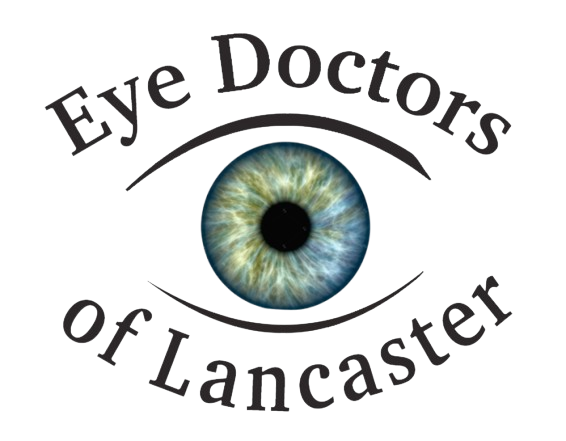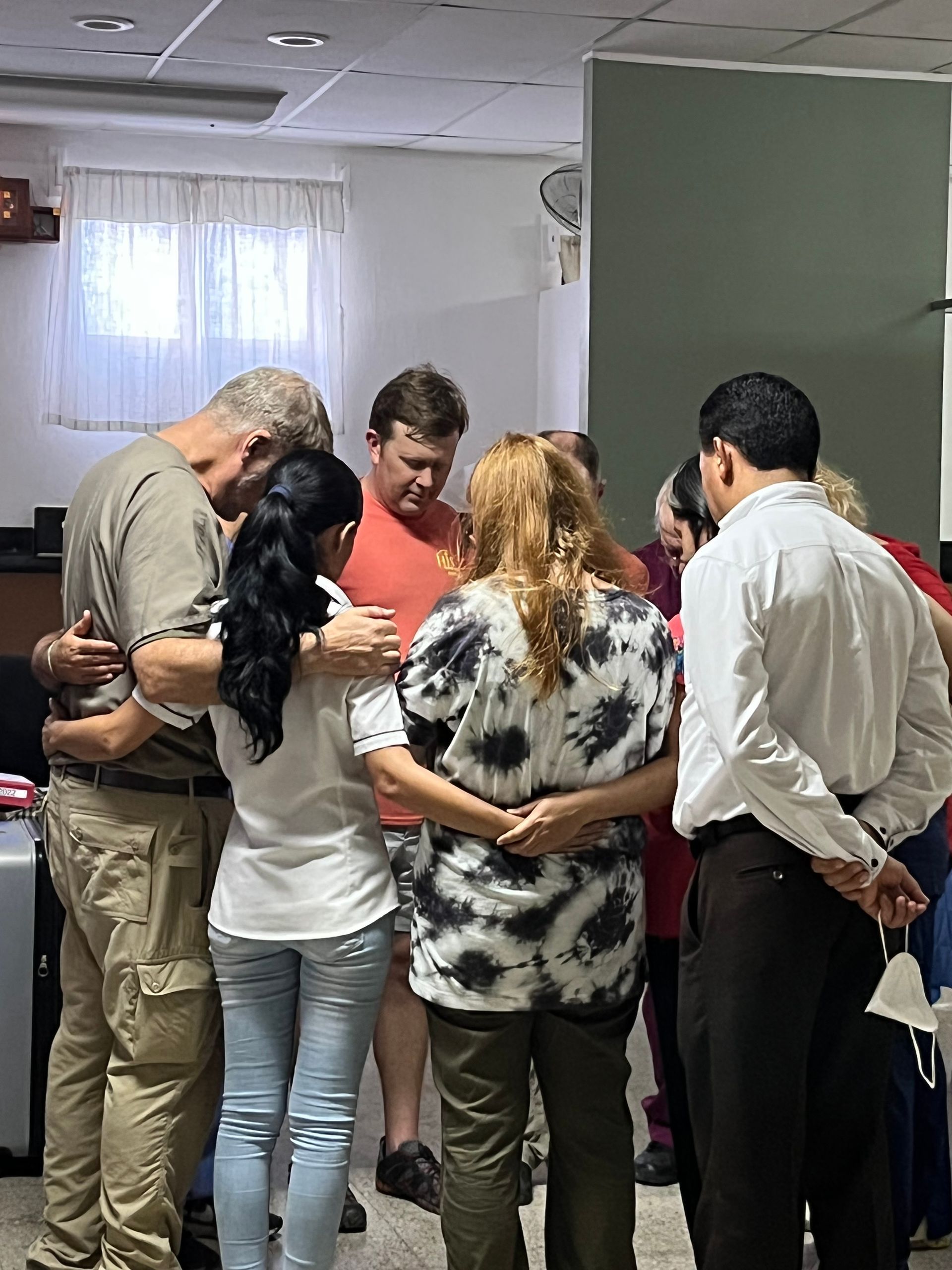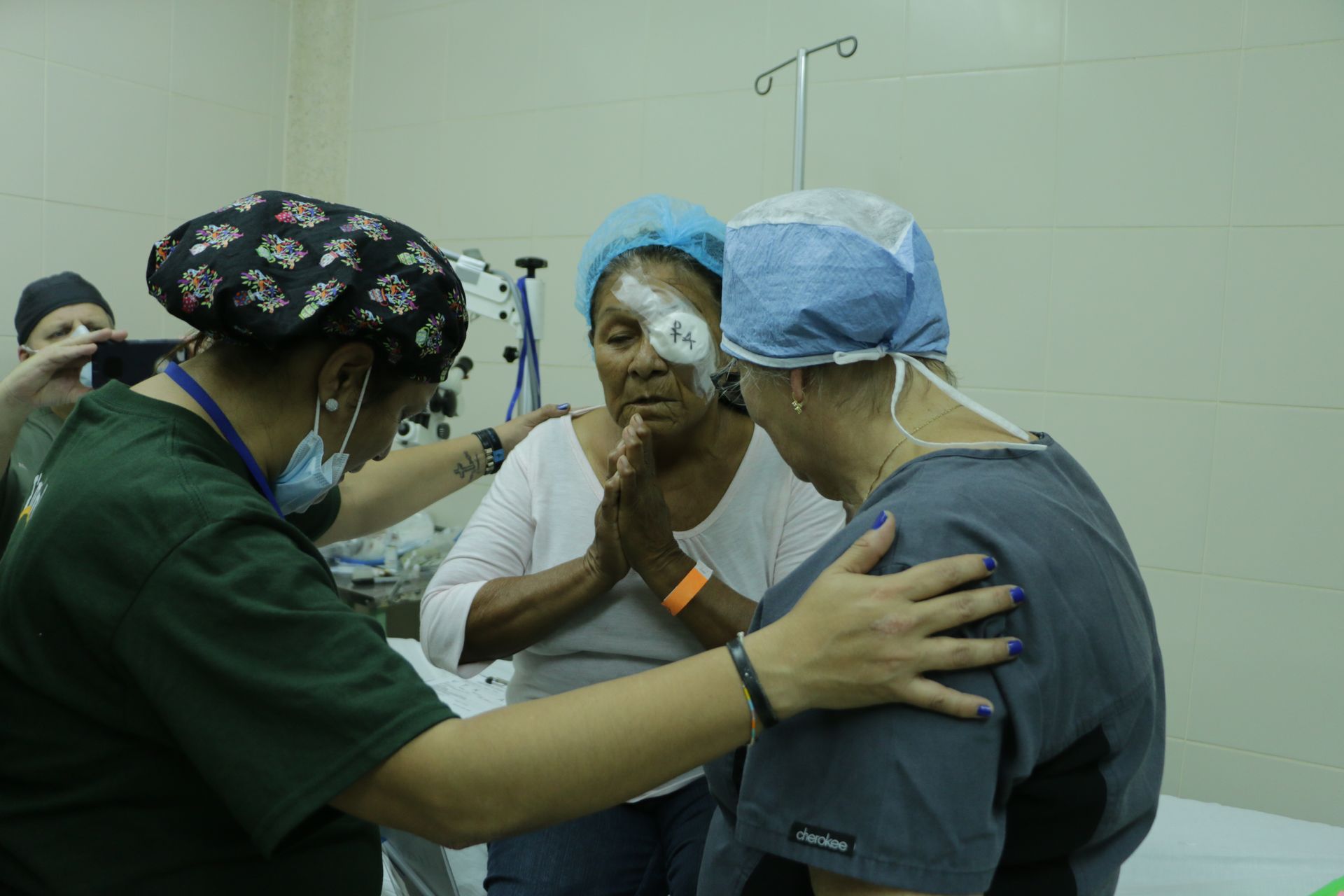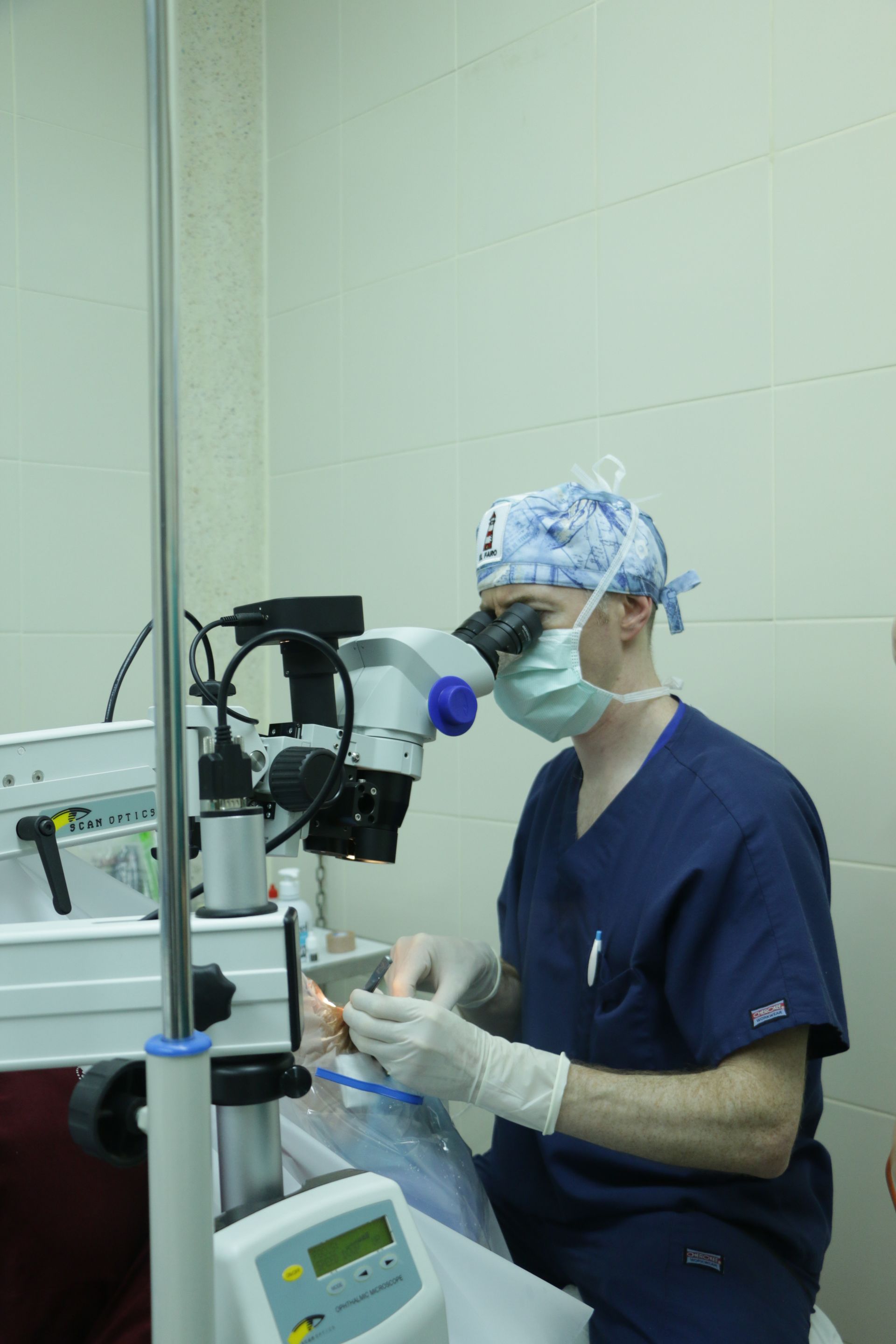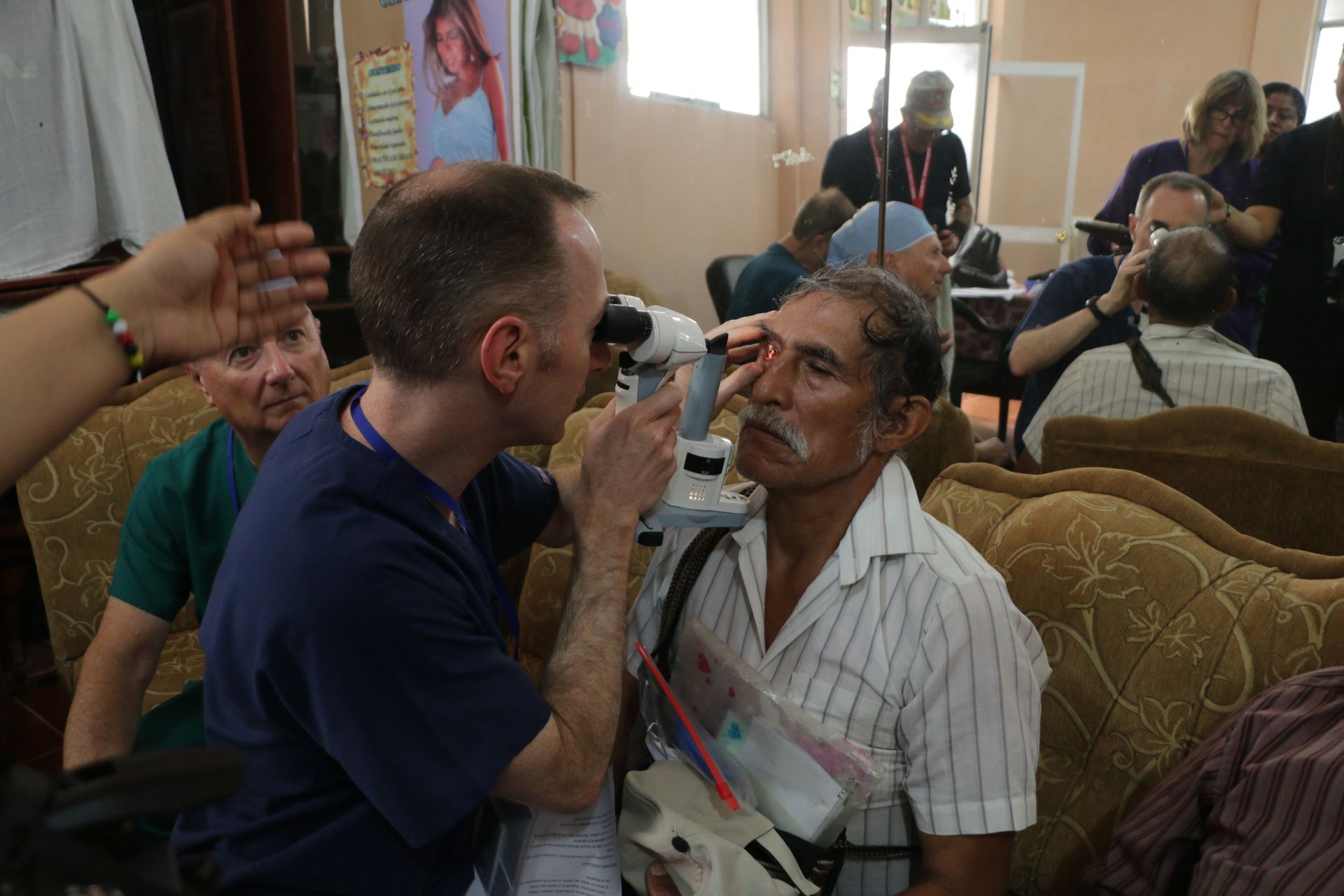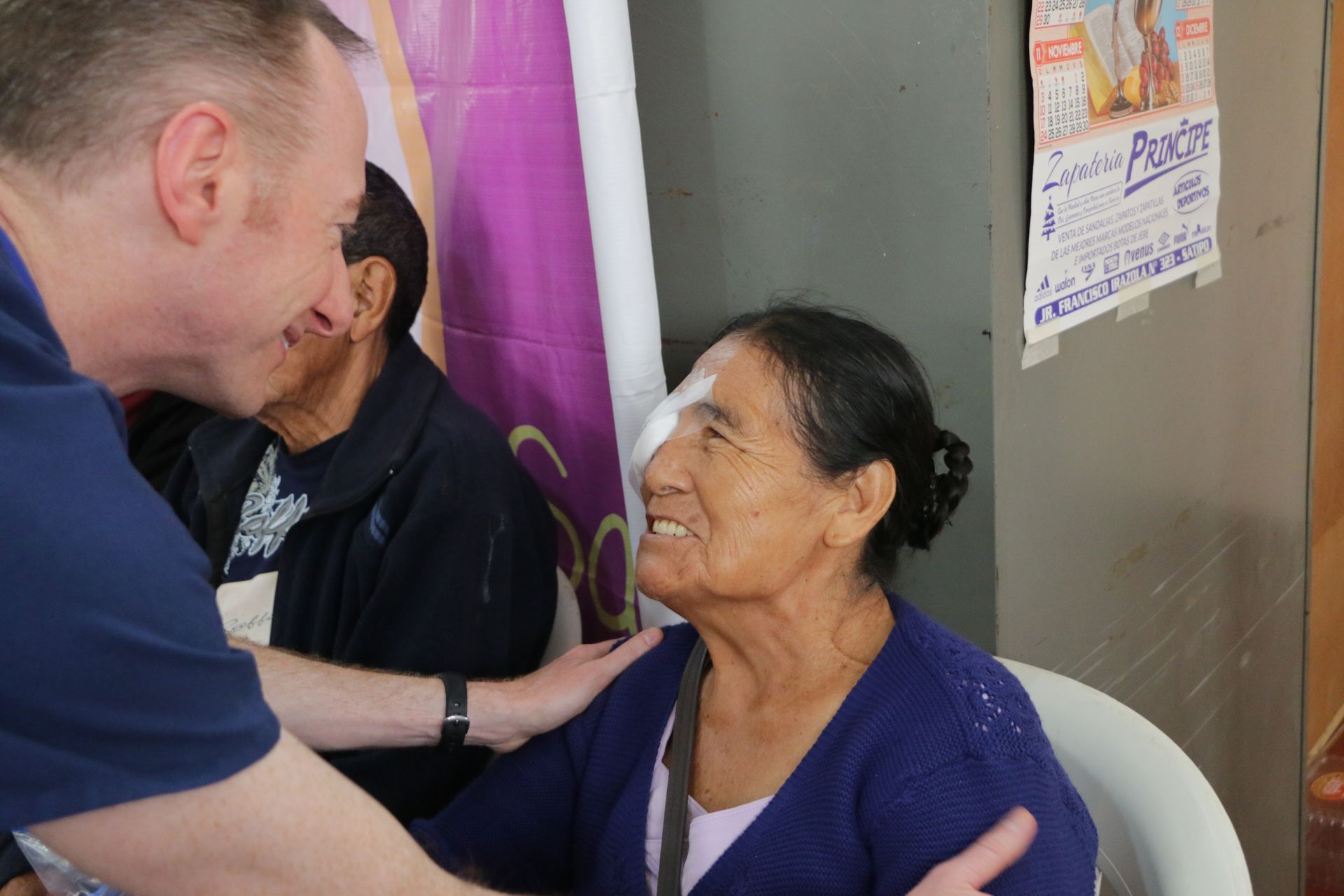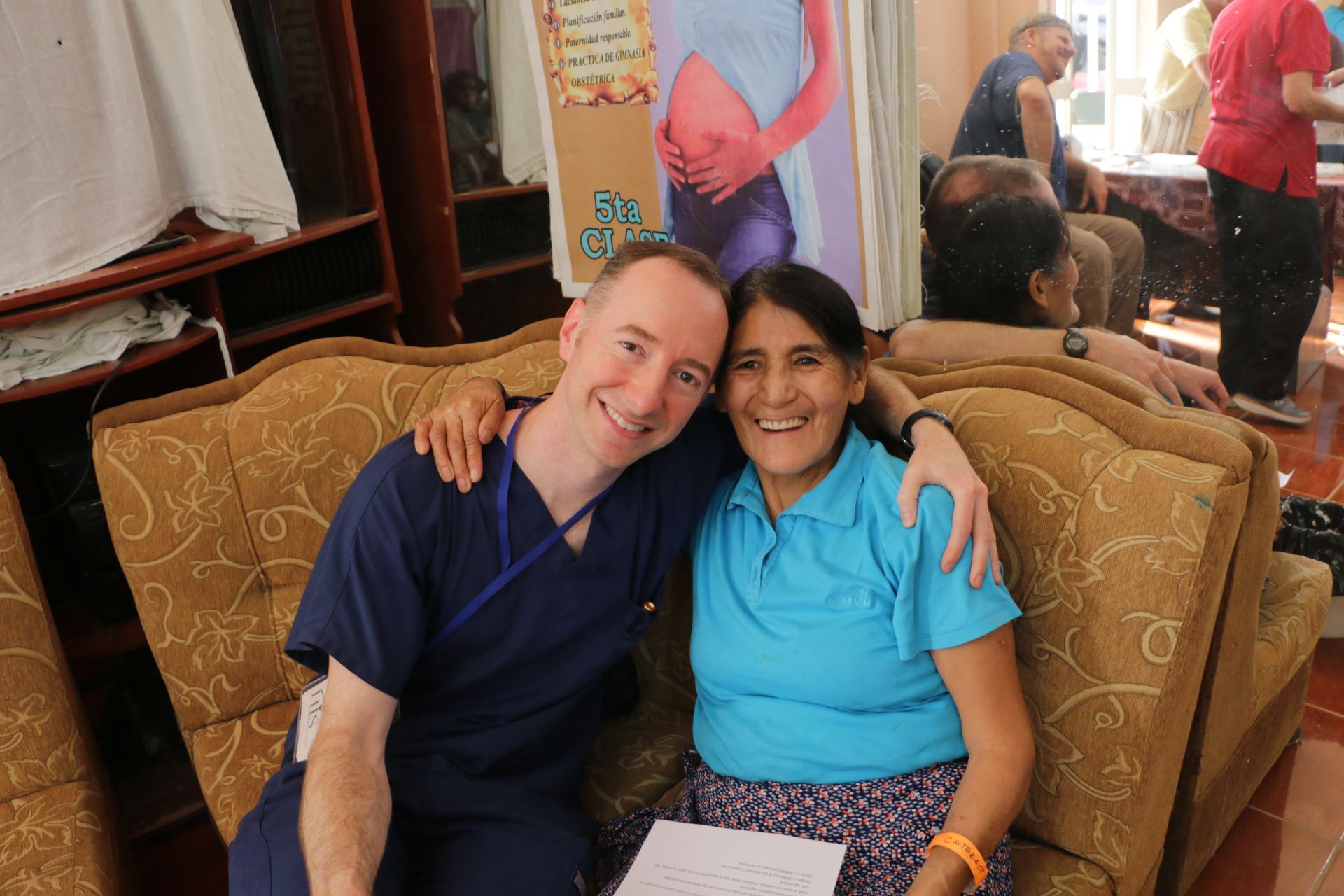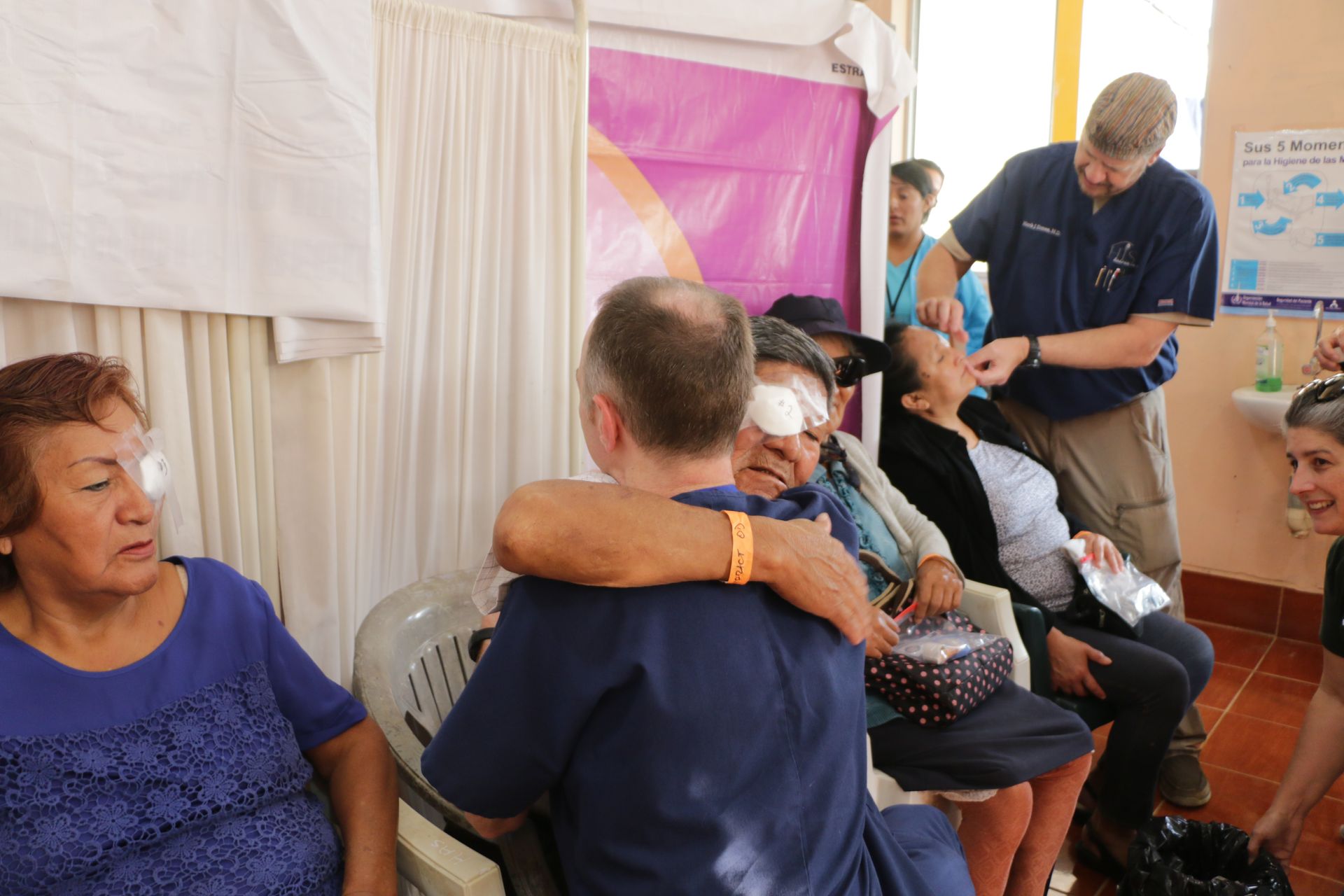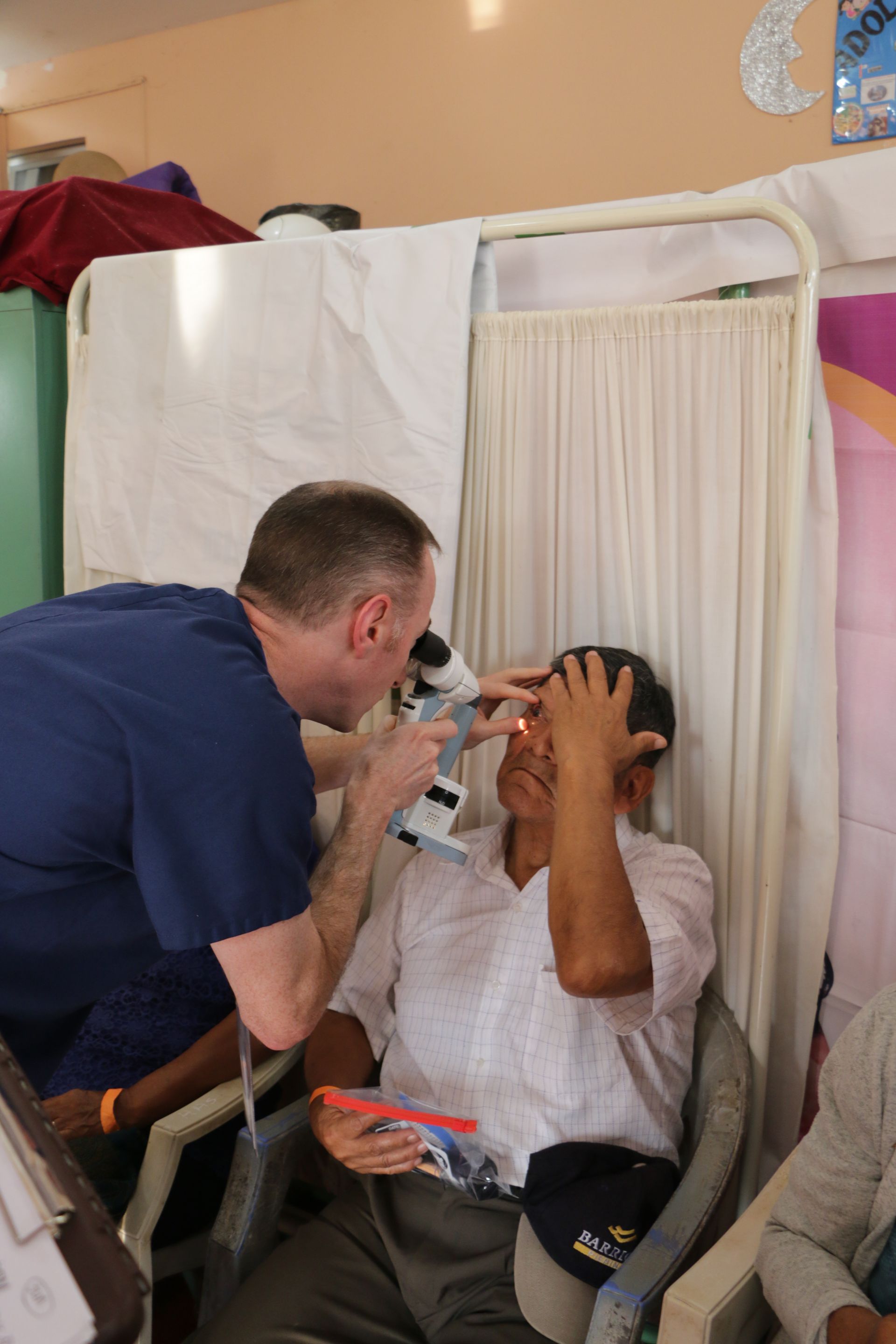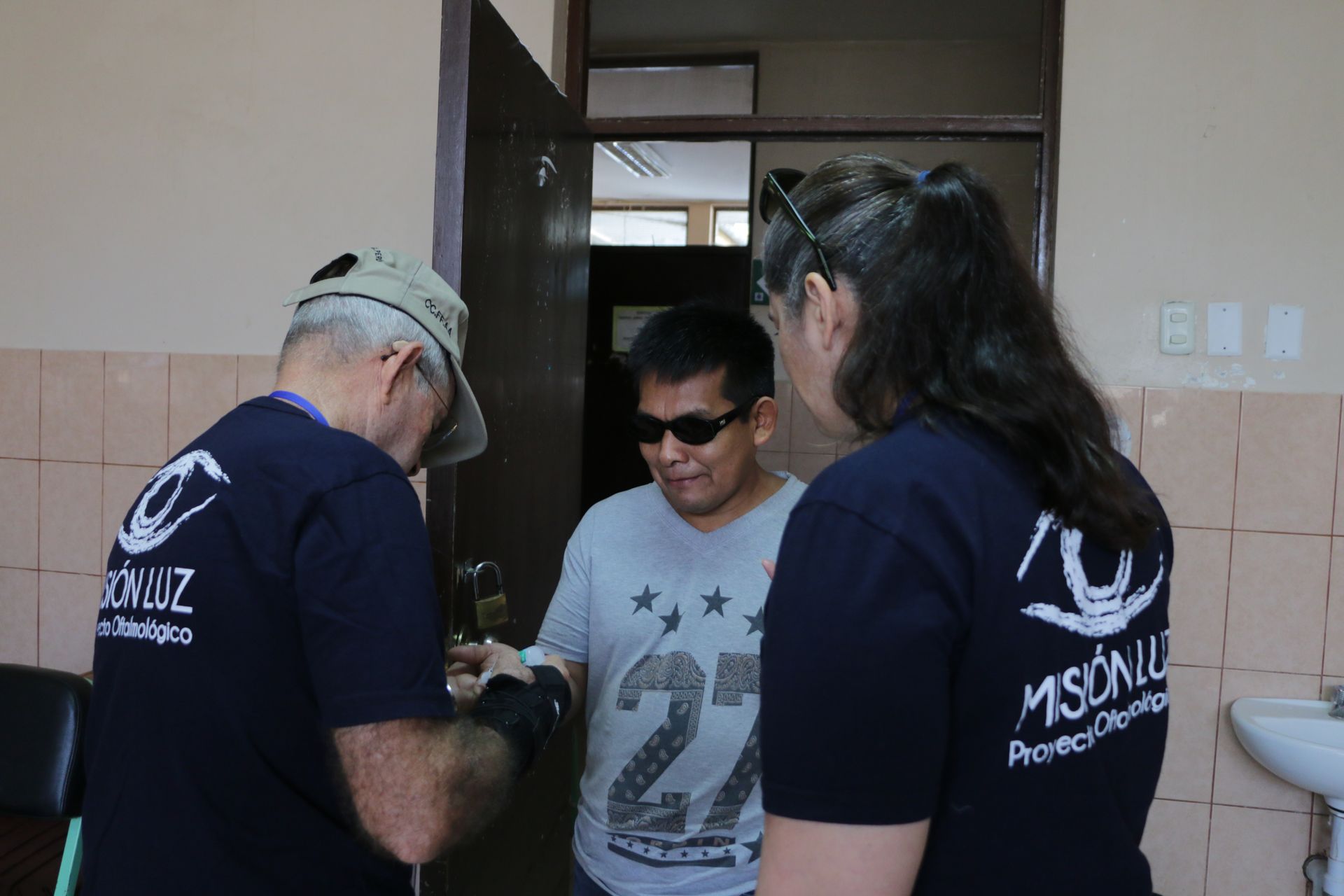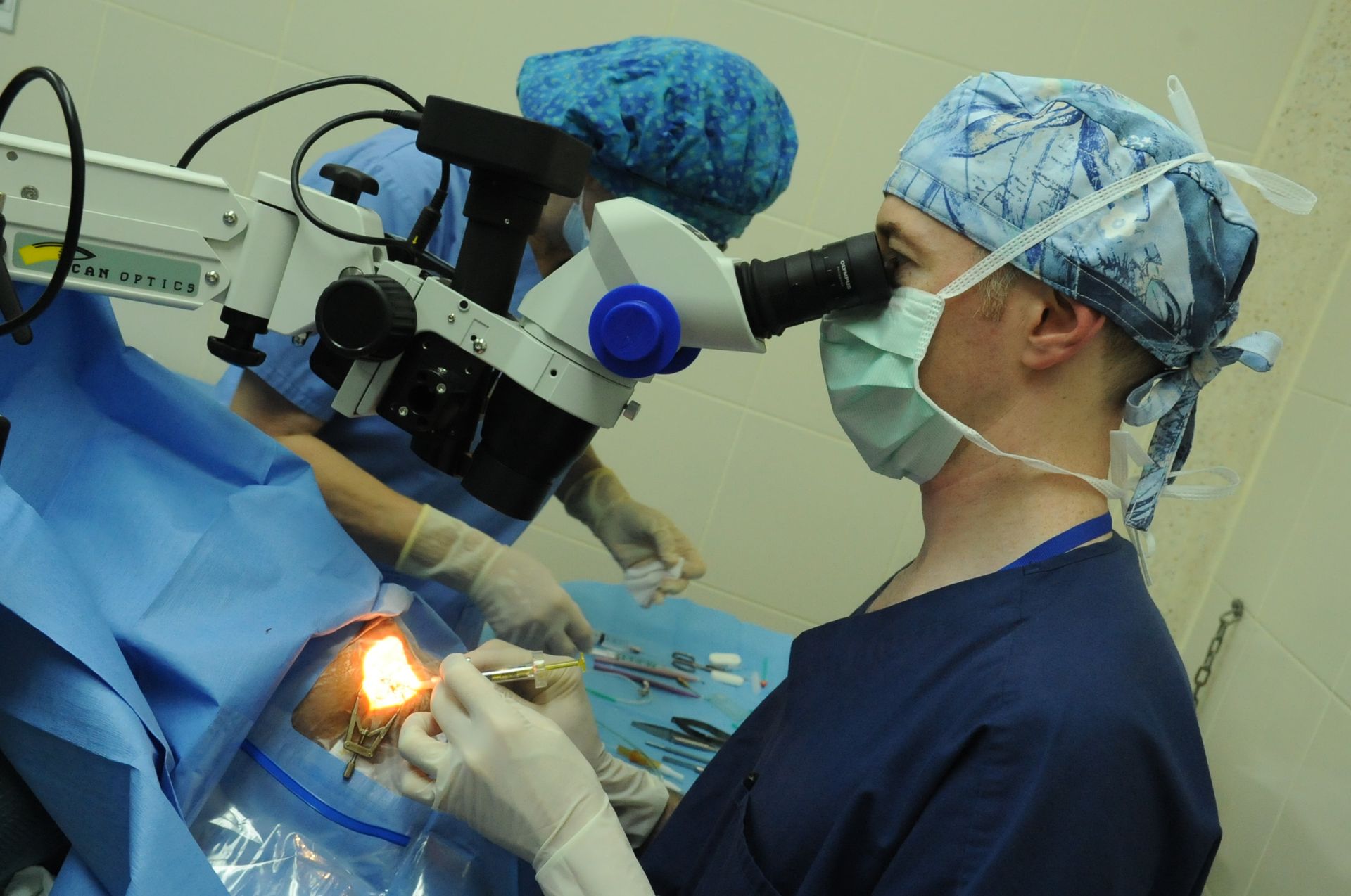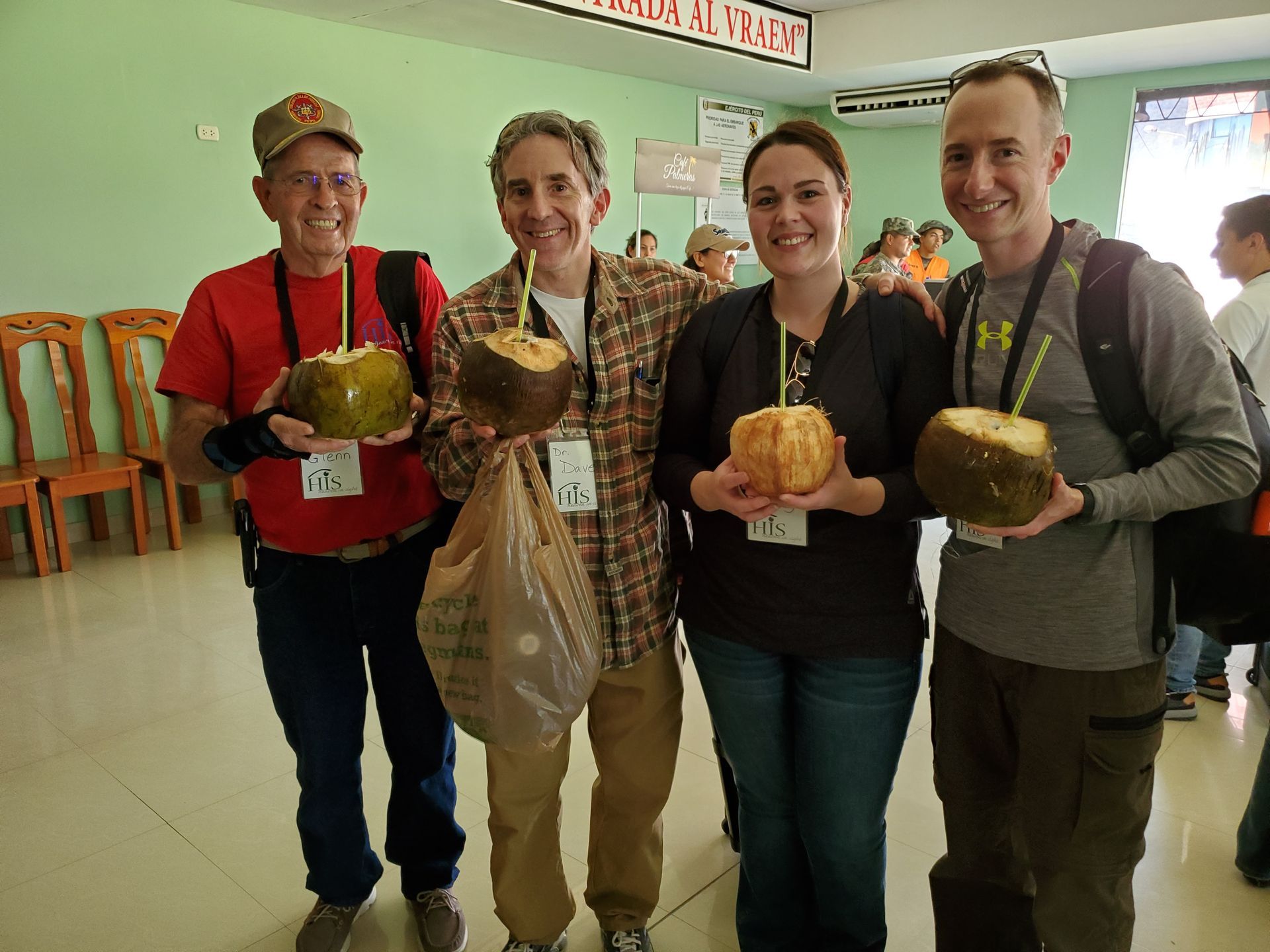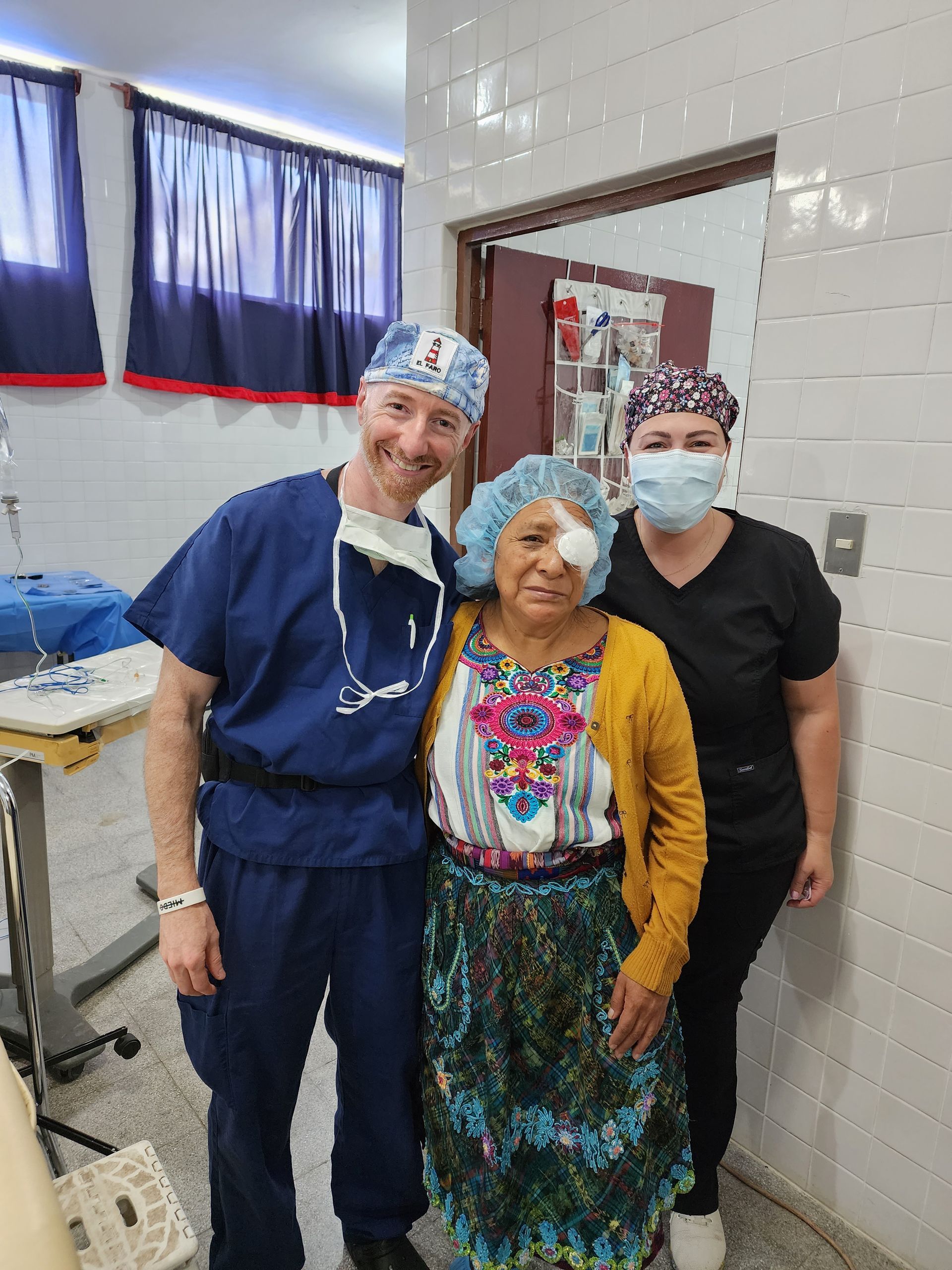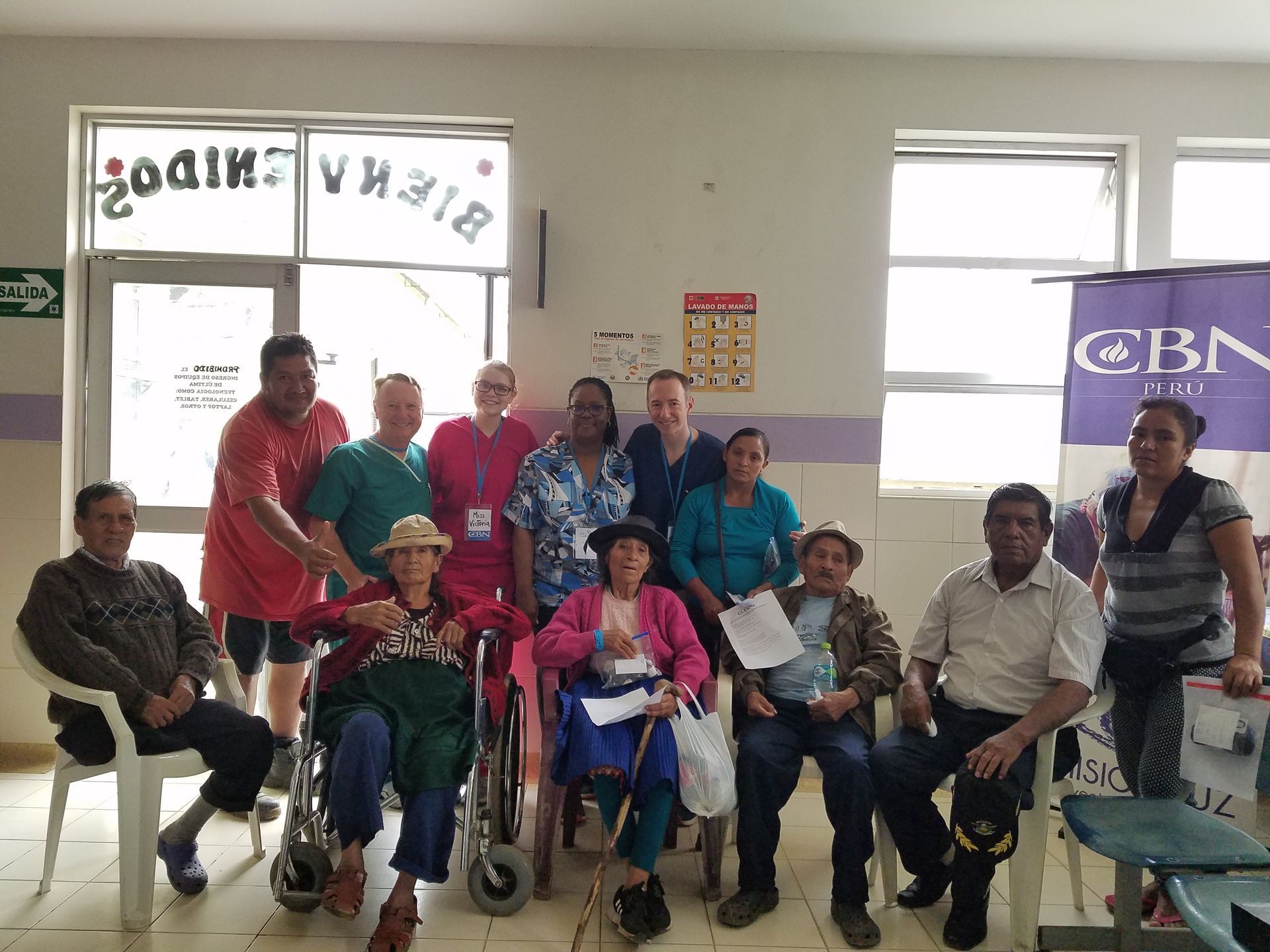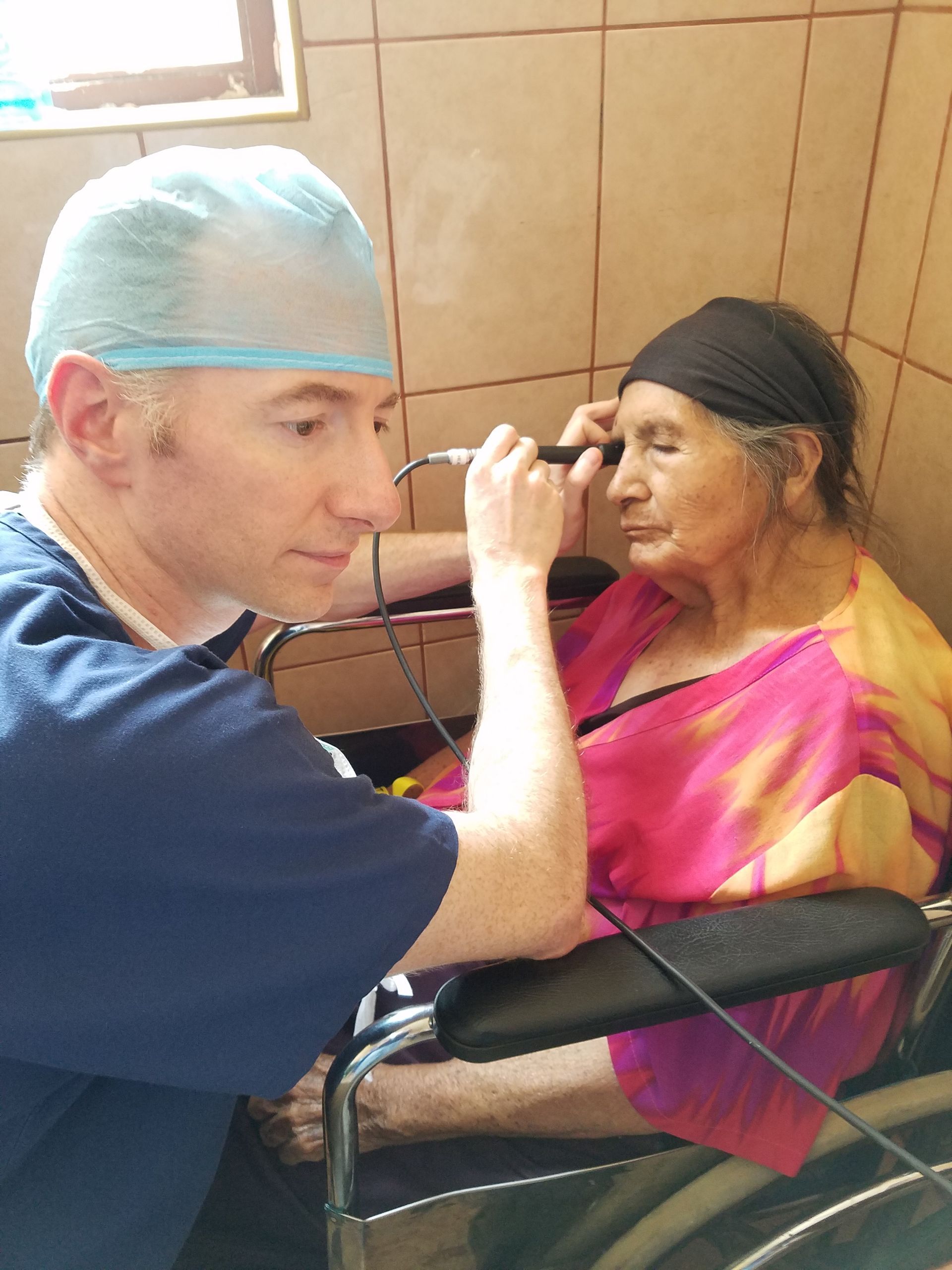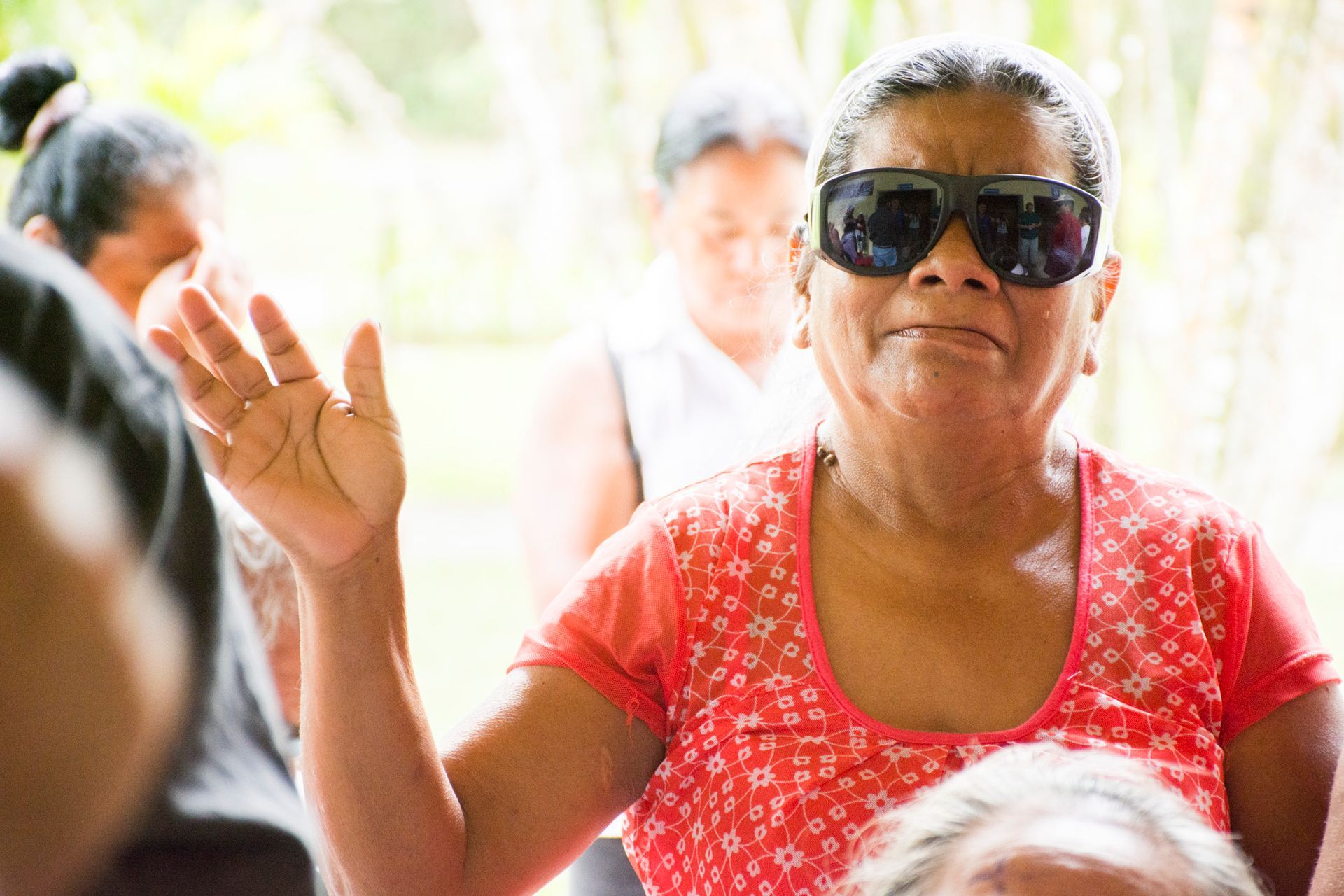International Surgical Missions
Vision is a gift from God. I can’t imagine performing even one simple task in my daily routine without my sight, and yet, sight is a gift that I so often take for granted. During just the first hour awake on a typical weekday—to look at the clock, choose clothes that match (although some would disagree that I’m always successful in that goal), wash and cut up fruit for my children to eat with their breakfast, read the Bible, navigate turns, stop signs, other vehicles and pedestrians to get to work—every one of these tasks would be an absolute struggle without vision.
Yet 39 million people throughout the world are blind as estimated by the World Health Organization (The technical definition used for blindness here refers to those who see worse than 20/400—that means they can’t even see the big “E” on a common eye chart.) Each of these individuals has to fight through each day without what many people consider to be the most vital of the five senses. The astonishing fact is that just over 50% of the cases are reversible from a condition that we treat everyday—cataracts.
Although some individuals are born with cataracts, the large majority of the world’s blind developed them as adults. Four out of five of those suffering with blindness are over age 50, meaning that they had sight at a younger age, but have since lost it. Blindness at birth is a tragedy, but children who grow up with this disability frequently compensate well by heightening their other senses to maneuver through daily life. Those who once relied on sight as children and young adults are frequently less able to adapt to their vision loss, and therefore rely heavily on family and community to survive. This not only burdens the blind individual and negates their ability to be a productive member of their community, but it frequently forces a caregiver to redirect their efforts to support their incapacitated family member instead of meaningfully contributing to their community. This chain perpetuates poverty for these families.
Of course, cataracts that are advanced enough to cause blindness are uncommon in the U.S. where medical care is readily available. We are blessed to have the resources and infrastructure necessary to treat cataracts when they become a nuisance and begin to disrupt a patient’s ability to perform daily activities well. Cataracts however frequently worsen unchecked in developing countries where the accessibility of medical care and cost are significant barriers. These impoverished communities carry the largest burden of this blinding condition and need our help the most.
Manual small incision cataract surgery, also known as “MSICS”, is an effective and cost-efficient procedure to deal with cataracts in developing countries. MSICS differs from the type of cataract surgery performed most commonly in the U.S.—phacoemulsification—since the latter requires sophisticated, and often bulky equipment that can not be readily transported and maintained in remote areas of the developing world. Success rates are high and recovery time is short with the MSICS procedure, often making it the procedure of choice for treating blinding cataracts.
Dr. Donnelly and his team from Eye Doctors of Lancaster have been privileged to serve on 10 international short term mission trips over the last decade, and we are committed to continue these efforts. The team has restored vision using MSICS for patients in Guatemala, Peru, Bolivia, the Dominican Republic, and Togo, Africa.
The team is grateful for partner companies in the US and Canada who donate a portion of necessary surgical supplies; however, the team and its partner non-profit organizations manage the cost of additional supplies, equipment and travel necessary for each trip's success.
Our mission is to continue semi-annual trips to serve our vulnerable, impoverished brothers and sisters around the world, and we welcome you to partner with us. The most effective way to help is to pray for our team and the patients we serve.
If you'd like to support this work financially, tax-deductible donations can be made to the National Christian Foundation's fund:
“The eye is the lamp of the body. So, if your eye is healthy, your whole body will be full of light…” Matthew 6:22 ESV
